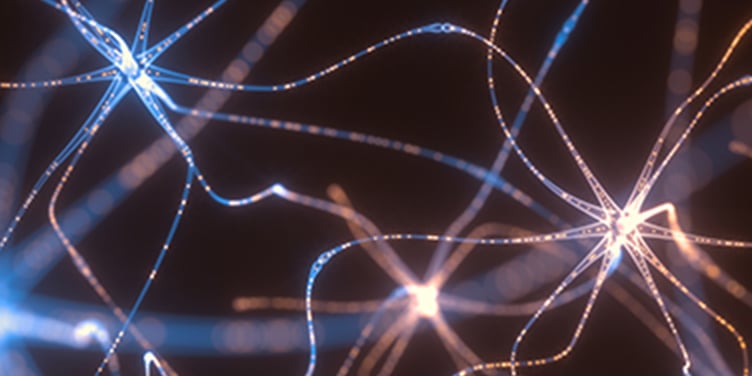
Diabetes Insipidus
Diabetes insipidus is a rare condition that occurs when the kidneys are unable to conserve water during the process of filtering blood. This form of diabetes is different than diabetes mellitus or "sugar" diabetes. Both forms of diabetes are associated with excessive urination, but have different causes and treatments.
Diabetes insipidus is caused by a lack of antidiuretic hormone (ADH), also called vasopressin, which prevents dehydration, or the kidney's inability to respond to ADH. ADH enables the kidneys to retain water in the body. The hormone is produced in a region of the brain called the hypothalamus. It is stored and released from the pituitary gland, a small gland at the base of the brain.
When diabetes insipidus is caused by a lack of ADH, it is called central diabetes insipidus. This form of the disease can be caused by damage to the hypothalamus or pituitary gland.
When the condition is caused by a failure of the kidneys to respond to ADH, the condition is called nephrogenic diabetes insipidus, which may be inherited. This form of the disease involves a kidney defect that prevents the body from reabsorbing water back into the bloodstream. It is the rarest form of this uncommon disease.
Our Approach to Diabetes Insipidus
UCSF is an international leader in endocrinology care. Our team provides comprehensive consultations, evaluations and treatments for a wide range of hormone disorders, such as diabetes insipidus.
We treat this condition with a medication called desmopressin acetate, or DDAVP. The medication is similar to antidiuretic hormone, the hormone implicated in diabetes insipidus. We will adjust the dosage for each individual to find the right balance between controlling symptoms and avoiding complications. Our goal is to help our patients return to healthy, normal lives.
Awards & recognition
-

Among the top hospitals in the nation
-

Best in Northern California for diabetes care & endocrinology
UCSF Health medical specialists have reviewed this information. It is for educational purposes only and is not intended to replace the advice of your doctor or other health care provider. We encourage you to discuss any questions or concerns you may have with your provider.





